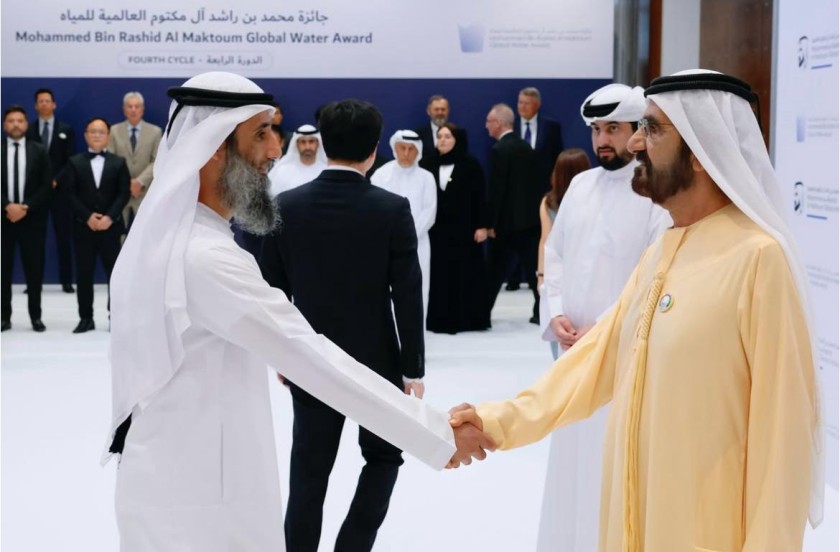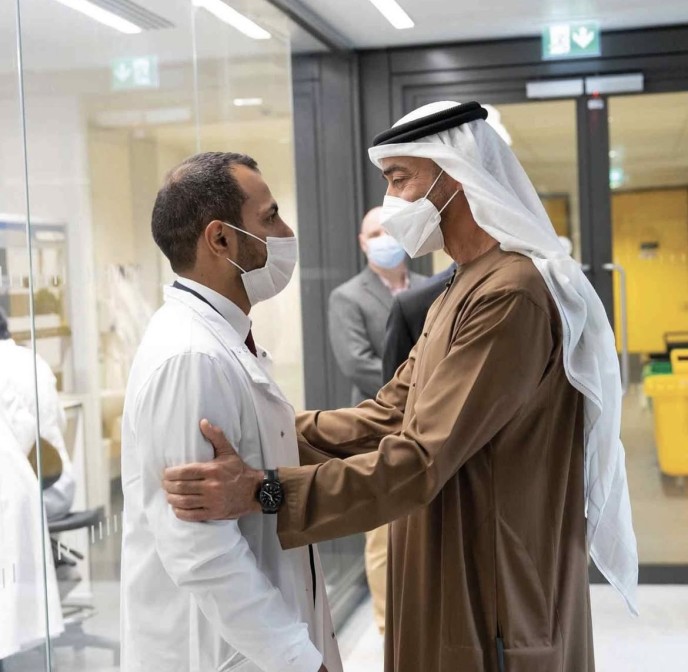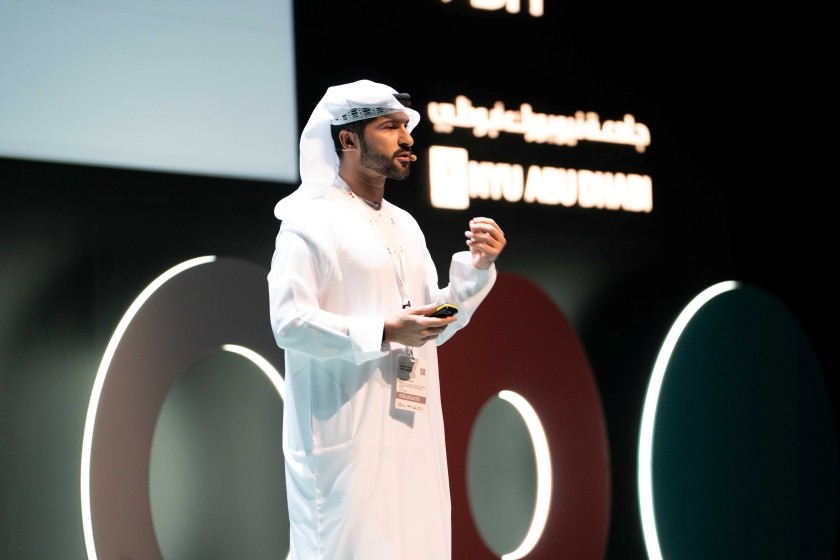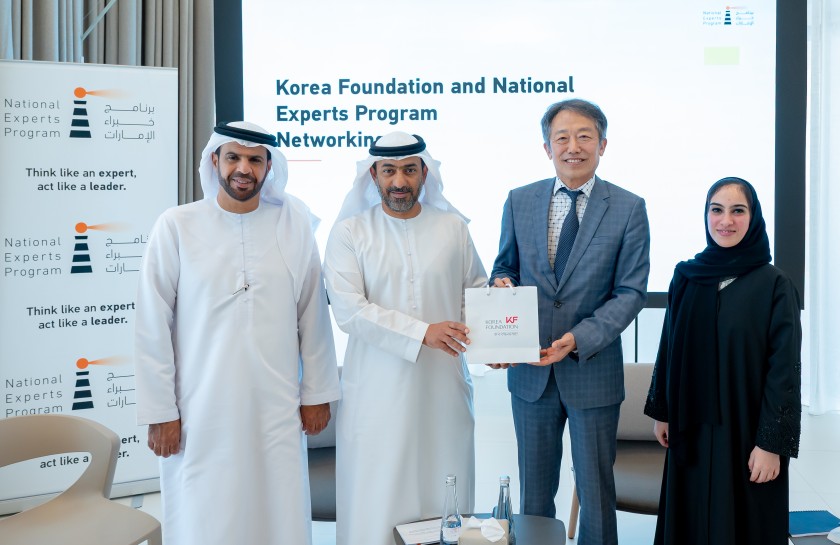Local Expertise, Global Impact: H.H. Sheikh Mohammed bin Rashid Al Maktoum honors NEP 4.0 expert Dr. Faisal Almarzooqi at MBR Global Water Award
BLOG: The NEP Experience
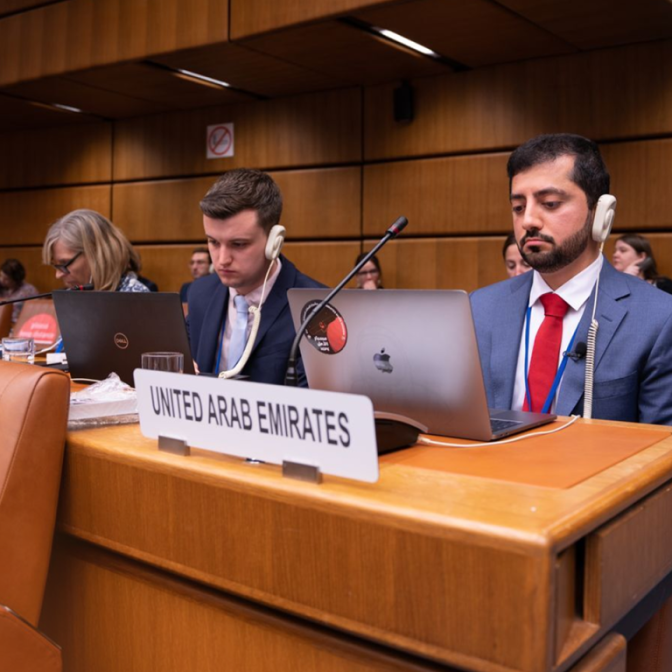
As the Head of Strategic Research at the UAE Space Agency (UAESA), Abdulla Alshehhi plays a crucial role in realizing space’s potential to address the climate emergency.
The low Earth orbit (LEO) is home to a vast network of satellites collecting essential data on our planet's climate system, monitoring conditions and changes in the atmosphere, ocean, land, and ice. However, debris and congestion in the LEO mean that international cooperation is vital to maximize the utility of existing satellites.
In January 2023, Abdulla attended the World Economic Forum in Davos, where the UAESA hosted a panel session focused on low Earth orbit policies for the 21st century. Following the panel, Abdulla continued conversations with industry leaders from Lockheed Martin, Voyager and Planet Labs with the goal of developing a new partnership to utilize space data for climate action.
“Space is inspiring. And space is harsh. It forces us to be innovative and creative, and to create technologies that benefit us as humans. My work to support the space sector’s growth is a huge responsibility and opportunity.”
In May, the UAESA announced a partnership with Planet Labs to create the Loss and Damage Atlas—a comprehensive picture of the damage caused by climate change, including extreme weather events, population shifts, and alterations to the landscape. Driven by data from LEO satellites, the Atlas will help establish early warning systems, improve resilience, and, eventually, allocate resources from the Loss and Damage Fund established at COP27.
In June, Abdulla presented the cooperative initiative to member states of the United Nations Committee on the Peaceful Uses of Outer Space.
As part of his NEP 3.0 AI Journey, Abdulla also explored how AI can analyze space-collected data to keep tabs on climate action pledges on Earth—read more in this post

